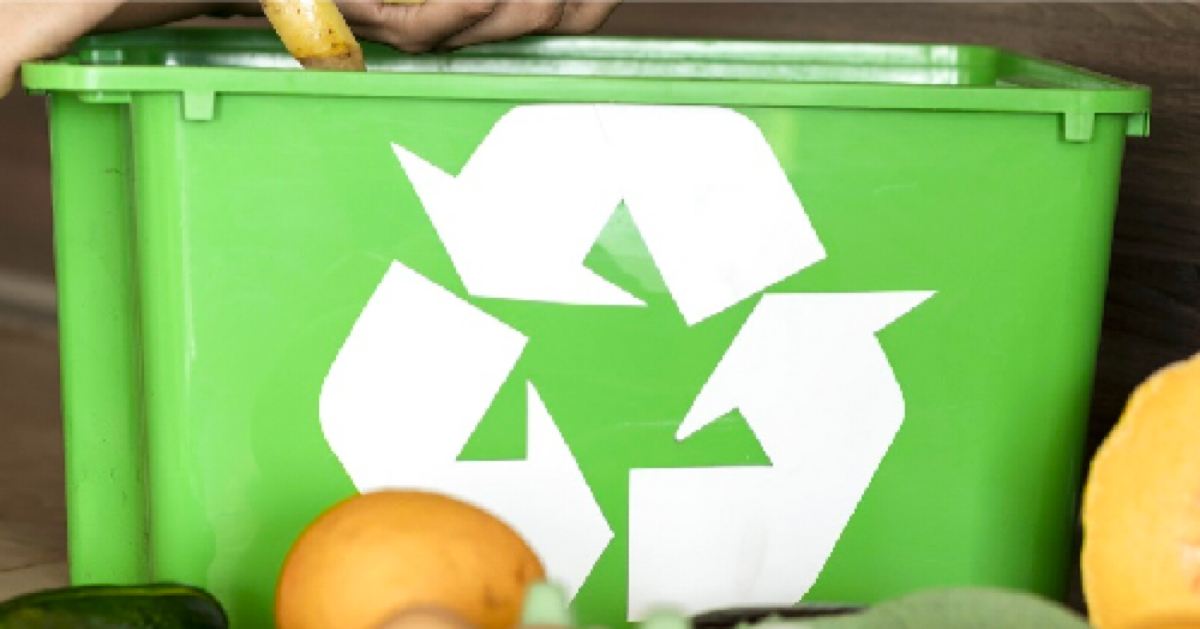Cruise ships revolutionize food waste management

When cruising, many passengers may not think about the fate of their uneaten food. However, food waste management on cruise ships is a critical issue that is being addressed more effectively with advancing technologies. Cruise ships like the Sun Princess are using innovative waste management systems to ensure that food waste is handled in an environmentally responsible manner.
The Challenge of Food Waste on Cruise Ships
Food waste on a cruise ship encompasses not only the scraps left on plates but also the unserved food from buffets and other dining areas. Historically, it was assumed that leftover food would directly benefit crewmembers, but this is a myth. Instead, cruise lines are now implementing advanced systems to deal with food waste professionally.
Biodigesters: Turning Waste into Resources
One significant advancement in waste management aboard the Sun Princess is the implementation of LFC biodigesters. These systems use microorganisms to convert organic food waste into a slurry.
The Sun Princess is equipped with 26 of these biodigesters, capable of processing an impressive 6,000 kilograms of food waste each day. The biodigested slurry can then be safely discharged as grey water into international waters, adhering to ecological regulations.
Waste Transformation: From Organic to Renewable Energy
While the biodigesters tackle food waste, the ship also has a system for managing spent cooking oil. The oil is collected in large storage containers and offloaded for conversion into biodiesel. This biodiesel can later be used in land operations, notably on Princess Cruises' private island in the Bahamas.
MAGS: Innovative Waste Processing Technology
The Micro Auto Gasification System (MAGS) on the Sun Princess is another cutting-edge technology that handles a wide variety of waste, including food, oil, and even plastics. This system efficiently converts waste into energy, generating around 2,400 kWh daily.
Furthermore, it reduces the volume of waste through a process that leaves behind bio-char, which can be safely disposed of, ensuring minimal environmental impact.
Addressing Non-Organic Waste
Beyond organic waste, cruise ships also contend with non-organic materials. The Sun Princess utilizes innovative briquette presses developed via a partnership with the German firm WEIMA. These machines compress inorganic waste into manageable briquettes for easier offloading and reduced storage space.
This transformation not only aids in waste disposal but also minimizes costs, demonstrating a commitment to sustainability in waste management aboard cruise ships.
Advanced Waste Treatment Facilities
According to the Cruise Lines International Association (CLIA), many cruise ships are well-equipped with advanced waste treatment facilities. Nearly 80% of passenger ships have onboard systems capable of treating wastewater to standards that allow it to be discharged as clean water.
Moreover, these ships are increasingly being fitted with shoreside power connections, allowing them to cut off diesel engines during port stays, thus lowering emissions while in docks.
Environmental Compliance and Future Developments
Complying with environmental regulations is mandatory for modern cruise lines. As more stringent guidelines regarding waste management are put into place, technologies like biodigesters and MAGS are likely to become the standard in future ship designs.
Moreover, cruise lines are consistent in upgrading their existing vessels with these technologies, emphasizing a genuine commitment to environmentally responsible practices.
Conclusion
The management of food waste and overall waste on cruise ships has seen significant advancements. Technologies such as biodigesters, MAGS, and briquette presses represent the shift towards sustainability within the cruise industry.
While cruising presents unique challenges regarding food waste, modern ships demonstrate that it is possible to manage waste effectively while adhering to environmental standards. Passengers can enjoy their meals without guilt, knowing advanced systems are in place to handle the leftovers responsibly.
FAQs about Food Waste on Cruise Ships
1. How is food waste treated on modern cruise ships?
Food waste on modern cruise ships is treated using biodigesters, which break down organic material into a slurry that is discharged as grey water.
2. What happens to cooking oil used in cruise ship kitchens?
Spent cooking oil is collected and offloaded to be converted into biodiesel, which is then used in various applications, including on Princess Cruises’ private island.
3. Are there systems that handle non-organic waste on cruise ships?
Yes, many cruise ships, including the Sun Princess, use briquette presses to compress non-organic waste into manageable briquettes for easier disposal.
4. What percentage of cruise ships have advanced wastewater treatment systems?
According to CLIA, nearly 80% of cruise ships have advanced wastewater treatment facilities capable of treating waste to produce clean discharge water.
5. Is food waste management a priority for the cruise industry?
Yes, the cruise industry is continually improving food waste management and adopting new technologies for sustainable practices to comply with environmental regulations.




